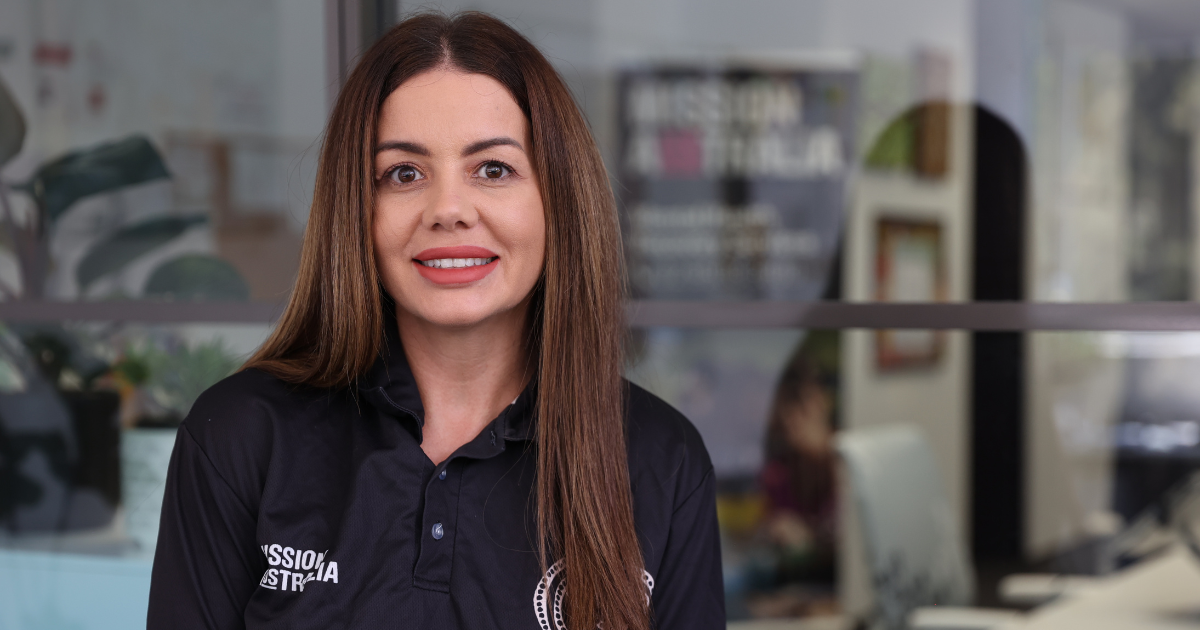The unseen impacts of domestic and family violence
- Details
Domestic and family violence (DFV) is alarmingly widespread in Australia. The most recent Personal Safety Survey from the ABS revealed that 2 in 5 Australian adults (41%) had experienced violence (psychical or sexual) since the age of 15.1
While DFV has devastating impacts on an individual‘s physical health and wellbeing, exposure to violence can also have severe impacts on their mental health, self-worth, relationships, housing outcomes – many of which are difficult to spot on the surface.
Here are four of the (many) unseen impacts of DFV in Australia:
Unseen impacts of DFV in Australia
1. Contributing to hidden homelessness
DFV remains a leading contributor to homelessness in Australia, especially among women and children who are forced to leave their unsafe homes, often with nowhere to go.
In 2023-24, over a quarter of people who received support from specialist homelessness services identified family and domestic violence as the main reason for needing help.3
In Australia however, only 6% of people who are homeless will be ‘visible’.2 The vast majority experience ‘hidden homelessness’, moving between the homes of family members or relying on temporary refuges, cheap motels or caravans. With nowhere to turn, many DFV victims experience hidden homelessness in Australia.
Learn more about hidden homelessness Donate today.
2. Loss of self-confidence
Instances of violence between partners or family members involve an attempt to exert power or control over an individual, usually through fear. Over an extended period, the various types of DFV can take an enormous toll on a person’s self-worth, confidence and capacity for regular things such as exercise, gaining employment or maintaining relationships.
3. Lack of financial independence
Financial abuse – when a partner takes complete control of all finances to control, isolate and trap a victim in their situation – is a form of DFV. When victims have been exposed to financial abuse or other forms of DFV, it can be difficult to regain control of their finances and make sound choices for their future.
4. Harmful exposure to children
One in four Australian children are exposed to domestic and family violence.2
Exposure to abuse of any degree can be detrimental to a child’s health and wellbeing. Sadly, a child doesn’t have to see violence to be affected by its impacts.
Experiencing DFV can affect a child’s ability to:
- Regulate their emotions
- Concentrate at school or stay motivated
- Communicate or develop friendships (become target of bullying or resort to bullying behaviour)
- Exercise self-control or demonstrate empathy.
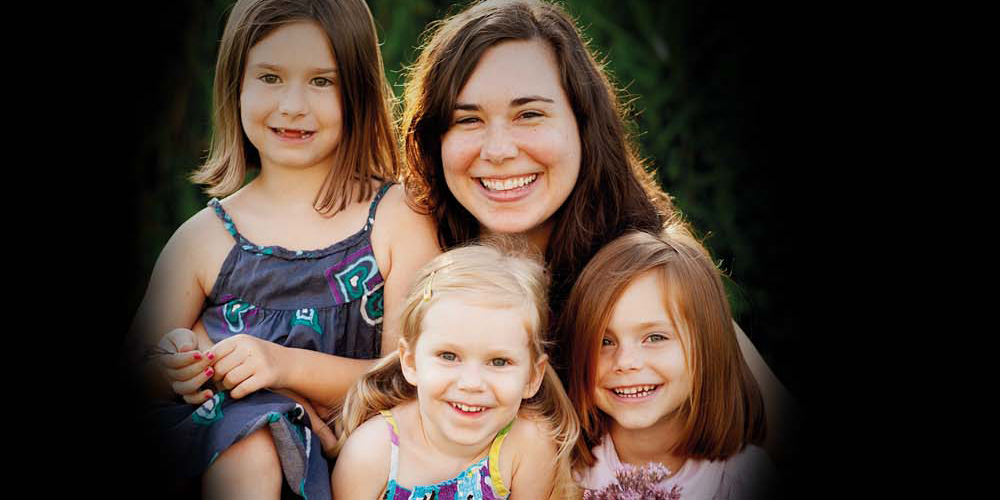
When Sara connected with one of our case workers, she found the support she needed to leave her violent partner. She knew it wouldn’t be an easy journey but thanks to our supporters, Sara can look forward to a new start...
Sara’s self-confidence had plummeted. She had drifted from the friends she once confided in and without a support network, Sara thought she was alone.
She was afraid to attend medical appointments in case she bumped into her ex-partner or his family on the train and she felt powerless when he demanded to see their children.
With three toddlers to raise, Sara reached out to Hambledon House Community Centre in Cairns for help.
“My first impression of Sara's situation was how socially isolated she was,” says Rachel, a Mission Australia case manager.
It was Sara's first time engaging with a service and although she was cautious, she slowly began to trust our team to help her family thrive.
From helping Sara with groceries to empowering her with budgeting tips, Rachel wanted Sara to feel safe and in control of her life again.
“We supported Sara to apply for a domestic violence protection order against her ex-husband,” says Rachel.
Sara says she now feels a lot safer knowing that he cannot come near her house.Sara
Sara entrusted us to support her children too.
“We helped Sara to set up routines and structures around the house for her children,” says Rachel. “She has become more open as I have gotten to know her and build rapport with her.”
“Sara is so thankful for the support she has received.”
No one should experience the detrimental effects of homelessness or DFV alone. The Hambledon House Community Centre provides activities, programs and support for children and families. Thanks to funding from the Queensland government’s Department of Communities, our team can help families like Sara’s access the support they need to thrive.
*Names have been changed to protect the identity of the people we help
1ABS: (2016) Personal Safety, Australia
2ABS (2021) Estimating homelessness: Census
3AIHW (2024) Specialist homelessness services annual report 2023-24
Related news and stories
Read about what we’ve been working on, our stance on important social issues and how you make a difference to vulnerable Australians' lives.

Three priorities at the 2025 Federal Election
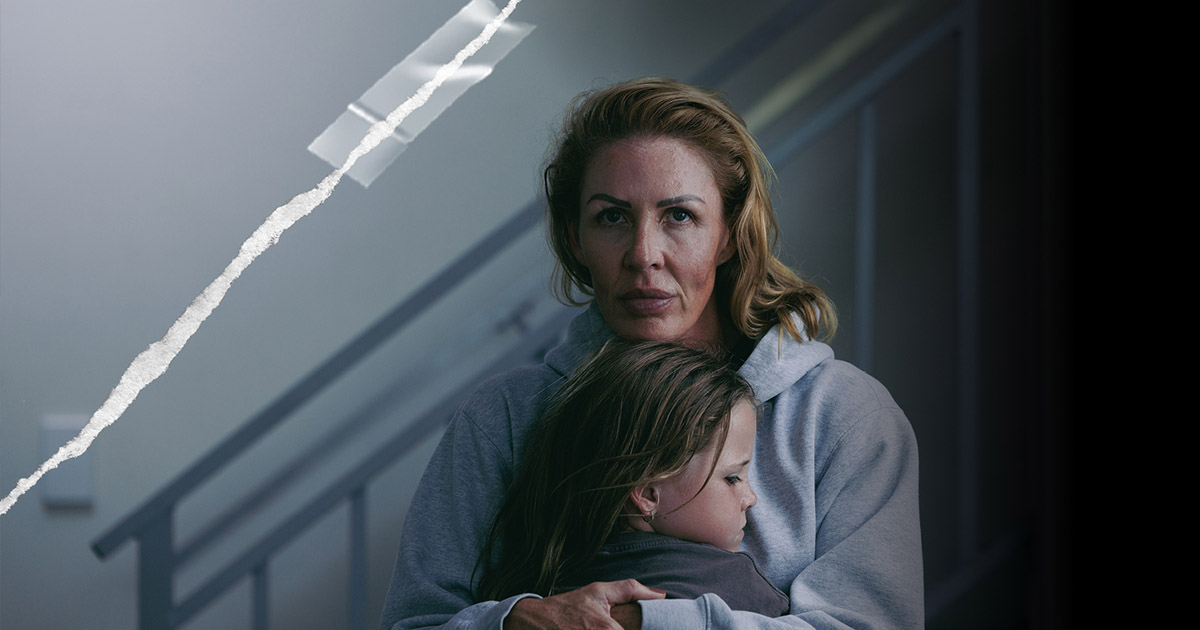
From fear to freedom: Cass’ story

Women helping women: Karla’s story
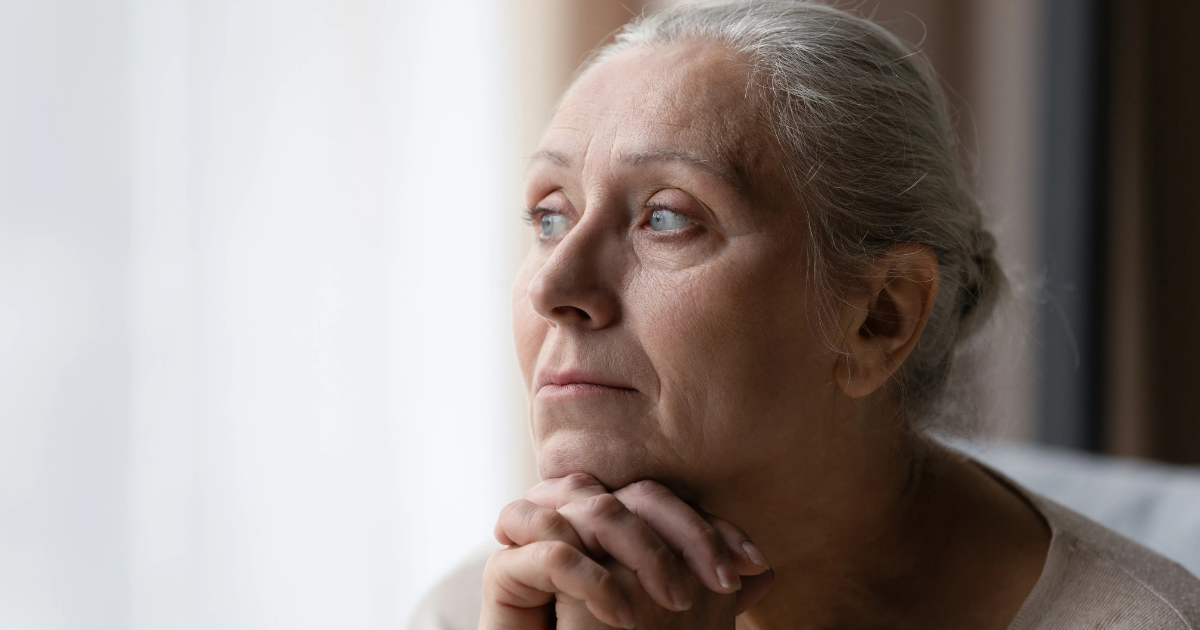
Helping older women find safe homes
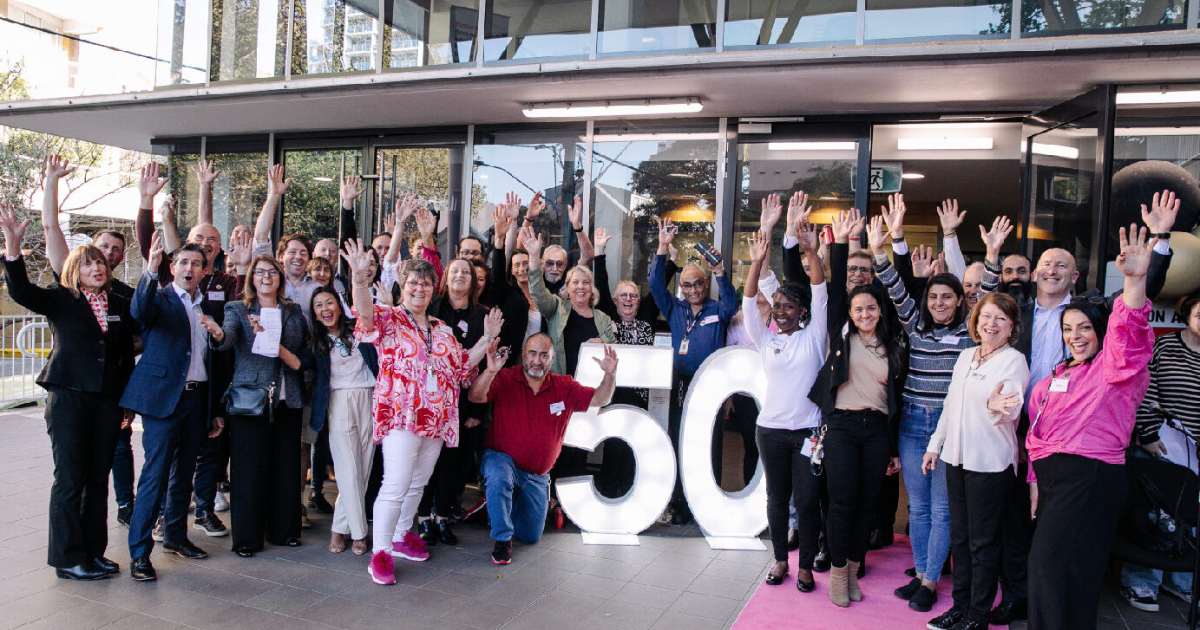
Celebrating 50 years of helping people in Surry Hills
